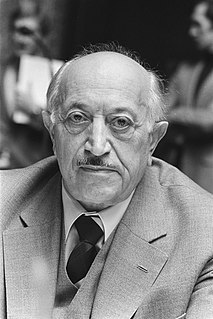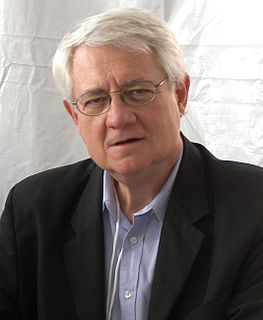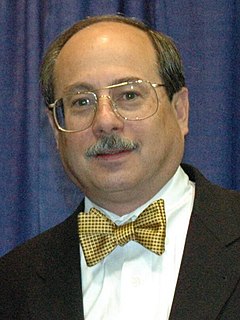A Quote by Simon Wiesenthal
Violence is like a weed - it does not die even in the greatest drought.
Related Quotes
Non-violence and cowardice are contradictory terms. Non-violence is the greatest virtue, cowardice the greatest vice. Non-violence springs from love, cowardice from hate. Non-violence always suffers, cowardice would always inflict suffering. Perfect non-violence is the highest bravery. Non-violent conduct is never demoralising; cowardice always is.
He knew one thing only, and it was beyond fear or reason: He was not going to die crouching here like a child playing hide-and-seek; he was not going to die kneeling at Voldemort’s feet . . . he was going to die upright like his father, and he was going to die trying to defend himself, even if no defense was possible. . . .
I must remind you that starving a child is violence. Suppressing a culture is violence. Neglecting school children is violence. Punishing a mother and her family is violence. Discrimination against a working man is violence. Ghetto housing is violence. Ignoring medical need is violence. Contempt for poverty is violence.
I heard on public radio recently, there's a thing called Weed Dating. Singles get together in a garden and weed and then they take turns, they keep matching up with other people. Two people will weed down one row and switch over with two other people. It's in Vermont. I don't think I'd be very good at Weed Dating.
Violence harms the one who does it as much as the one who receives it. You could cut down a tree with an axe. The axe does violence to the tree, and escapes unharmed. Is that how you see it? Wood is soft compared to steel, but the sharp steel is dulled as it chops, and the sap of the tree will rust and pit it. The mighty axe does violence to the helpless tree, and is harmed by it. So it is with men, though the harm is in the spirit.
The strength to kill is not essential for self-defense; one ought to have the strength to die. When a man is fully ready to die, he will not even desire to offer violence. Indeed, I may put it down as a self-evident proposition that the desire to kill is in inverse proportion to the desire to die. And history is replete with instances of men who by dying with courage and compassion on their lips converted the hearts of their violent opponents.
My approach to violence is that if it's pertinent, if that's the kind of movie you're making, then it has a purposeI think there's a natural system in your own head about how much violence the scene warrants. It's not an intellectual process, it's an instinctive process. I like to think it's not violence for the sake of violence and in this particular film, it's actually violence for the annihilation of violence.



































